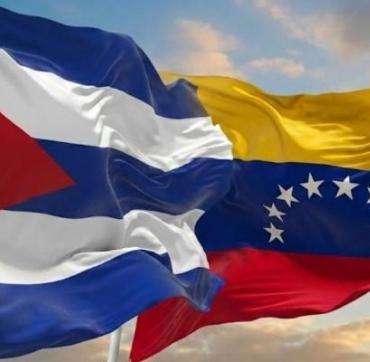LatAm countries studying the impact of Covid-19 on tourist beaches
especiales

Several Latin American countries are carrying out international research focused on the impact of the Covid-19 pandemic on tourist beaches in the region.
The study is led by Eulogio Soto, PhD in Oceanography and Marine Biology, an academic at the School of Marine Biology, Faculty of Marine Sciences and Natural Resources, University of Valparaiso.
According to the academician, this is a low-cost collaborative project that is underway and is being carried out on selected beaches in Brazil, Colombia, Cuba, Ecuador, Mexico, Panama and Puerto Rico, with the participation of researchers from the Proplayas group, which brings together specialists from Latin American nations.
It is known that the effects of the global health crisis generated by SARS-Cov-2 and the social confinement to prevent its spread, has influenced natural ecosystems by the remarkable reduction of human activity that has allowed nature to recover spaces that so far are almost exclusively occupied by man.
Precisely, the research aims to evaluate the effects of Covid-19 on coastal ecosystems, particularly those beaches that have a high volume of tourism throughout the year. The research consists of monitoring and evaluating the conditions of confinement, quarantine and social isolation that prohibit access to and use of tourist beaches, as a series of factors such as noise, user density, waste and coastal activities, positively or negatively affect some biological indicators of environmental quality.
Among those indicators are the presence or absence of turtles, sea birds, iguanas and crabs on the beach, the activity of marine animals in the sea (mammals and fish), algae and stranded sea grass, and coverage of coastal vegetation, the specialist said.














Add new comment